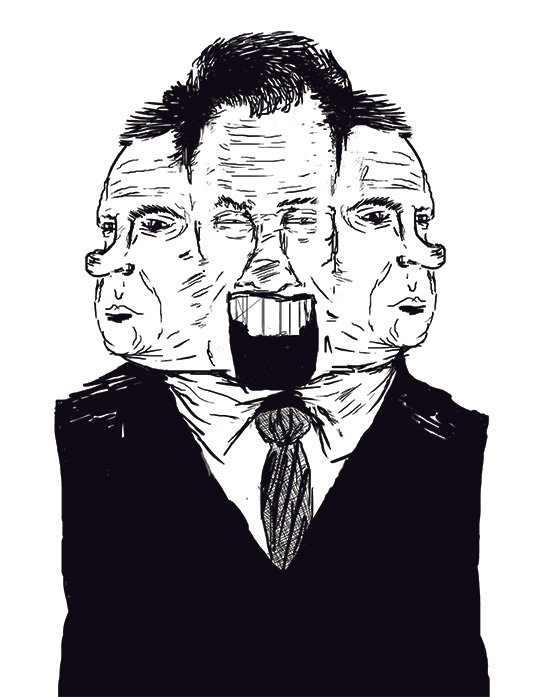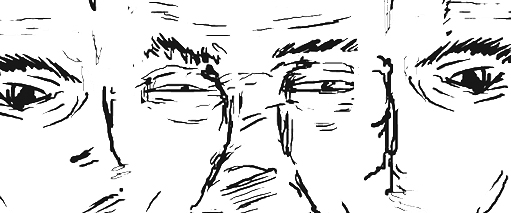Opinion: A Sober Look At Psychedelic Research
A Sober Look At Psychedelic Research


Rob M
Latest Article|September 3, 2020|Free
::Making Grown Men Cry Since 1992


Rob M

